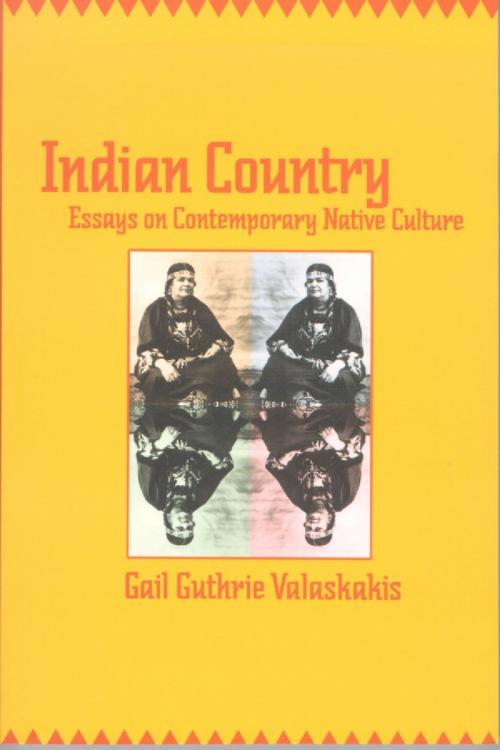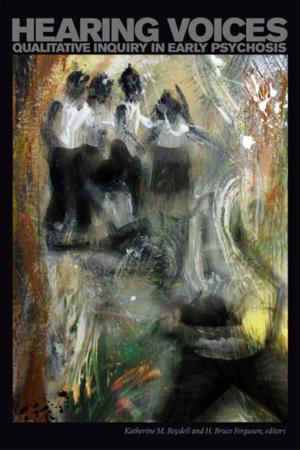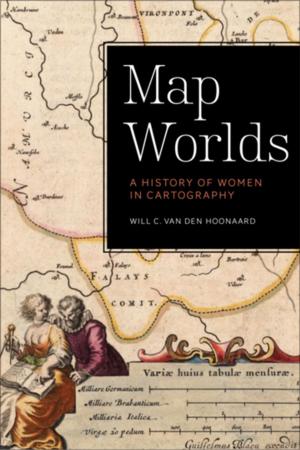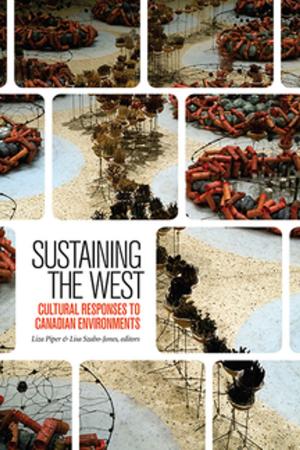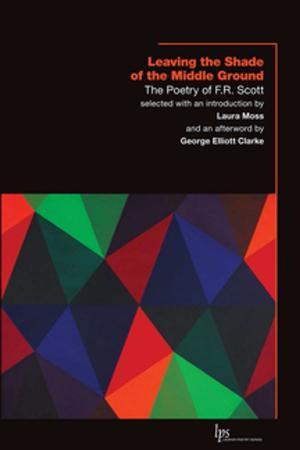Indian Country
Essays on Contemporary Native Culture
Nonfiction, Social & Cultural Studies, Social Science, Cultural Studies, Native American Studies, Popular Culture, Anthropology| Author: | Gail Guthrie Valaskakis | ISBN: | 9781554588107 |
| Publisher: | Wilfrid Laurier University Press | Publication: | August 3, 2009 |
| Imprint: | Wilfrid Laurier University Press | Language: | English |
| Author: | Gail Guthrie Valaskakis |
| ISBN: | 9781554588107 |
| Publisher: | Wilfrid Laurier University Press |
| Publication: | August 3, 2009 |
| Imprint: | Wilfrid Laurier University Press |
| Language: | English |
Since first contact, Natives and newcomers have been involved in an increasingly complex struggle over power and identity. Modern “Indian wars” are fought over land and treaty rights, artistic appropriation, and academic analysis, while Native communities struggle among themselves over membership, money, and cultural meaning. In cultural and political arenas across North America, Natives enact and newcomers protest issues of traditionalism, sovereignty, and self-determination. In these struggles over domination and resistance, over different ideologies and Indian identities, neither Natives nor other North Americans recognize the significance of being rooted together in history and culture, or how representations of “Indianness” set them in opposition to each other.
In Indian Country: Essays on Contemporary Native Culture, Gail Guthrie Valaskakis uses a cultural studies approach to offer a unique perspective on Native political struggle and cultural conflict in both Canada and the United States. She reflects on treaty rights and traditionalism, media warriors, Indian princesses, powwow, museums, art, and nationhood. According to Valaskakis, Native and non-Native people construct both who they are and their relations with each other in narratives that circulate through art, anthropological method, cultural appropriation, and Native reappropriation. For Native peoples and Others, untangling the past—personal, political, and cultural—can help to make sense of current struggles over power and identity that define the Native experience today.
Grounded in theory and threaded with Native voices and evocative descriptions of “Indian” experience (including the author’s), the essays interweave historical and political process, personal narrative, and cultural critique. This book is an important contribution to Native studies that will appeal to anyone interested in First Nations’ experience and popular culture.
Since first contact, Natives and newcomers have been involved in an increasingly complex struggle over power and identity. Modern “Indian wars” are fought over land and treaty rights, artistic appropriation, and academic analysis, while Native communities struggle among themselves over membership, money, and cultural meaning. In cultural and political arenas across North America, Natives enact and newcomers protest issues of traditionalism, sovereignty, and self-determination. In these struggles over domination and resistance, over different ideologies and Indian identities, neither Natives nor other North Americans recognize the significance of being rooted together in history and culture, or how representations of “Indianness” set them in opposition to each other.
In Indian Country: Essays on Contemporary Native Culture, Gail Guthrie Valaskakis uses a cultural studies approach to offer a unique perspective on Native political struggle and cultural conflict in both Canada and the United States. She reflects on treaty rights and traditionalism, media warriors, Indian princesses, powwow, museums, art, and nationhood. According to Valaskakis, Native and non-Native people construct both who they are and their relations with each other in narratives that circulate through art, anthropological method, cultural appropriation, and Native reappropriation. For Native peoples and Others, untangling the past—personal, political, and cultural—can help to make sense of current struggles over power and identity that define the Native experience today.
Grounded in theory and threaded with Native voices and evocative descriptions of “Indian” experience (including the author’s), the essays interweave historical and political process, personal narrative, and cultural critique. This book is an important contribution to Native studies that will appeal to anyone interested in First Nations’ experience and popular culture.
